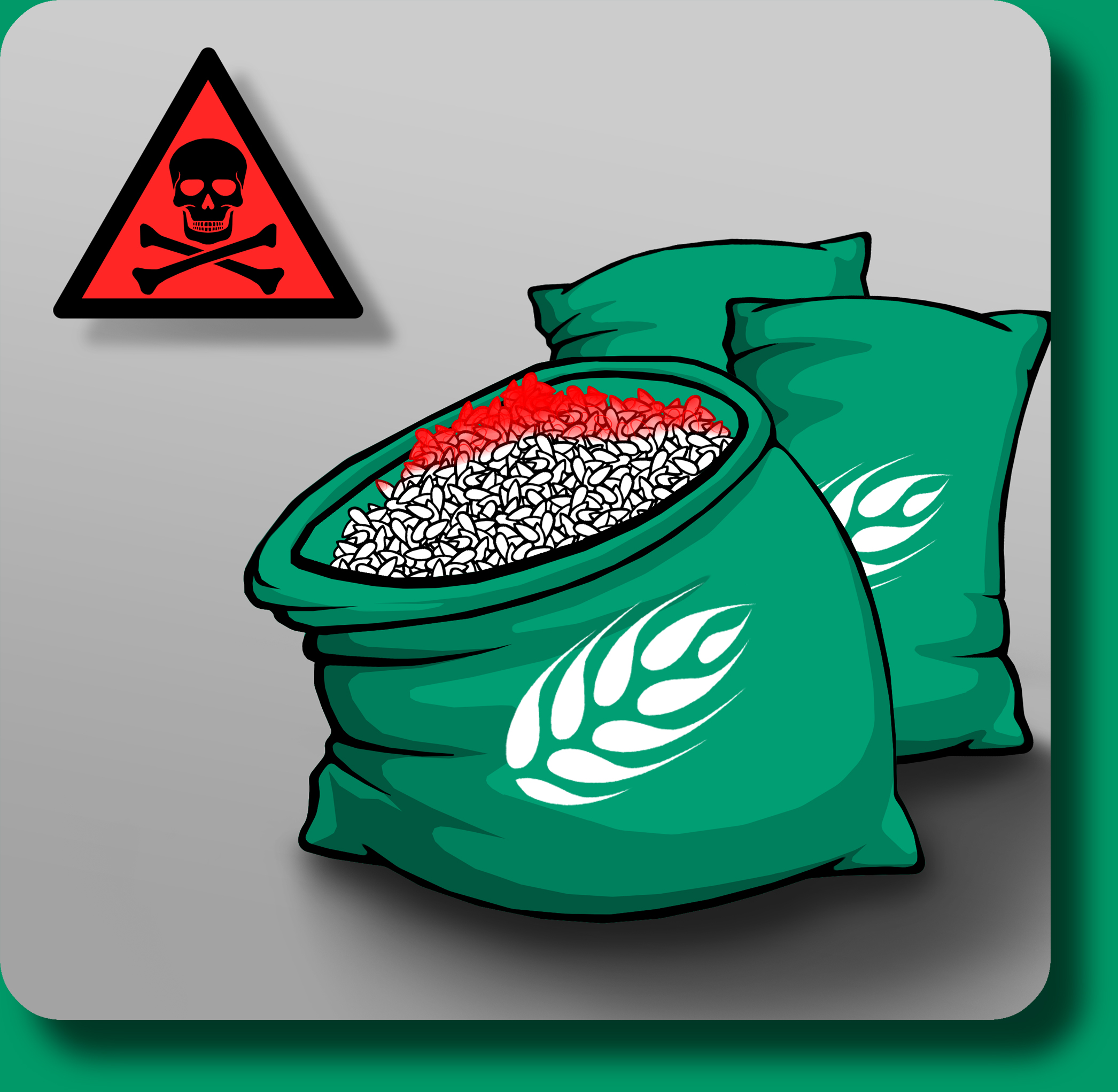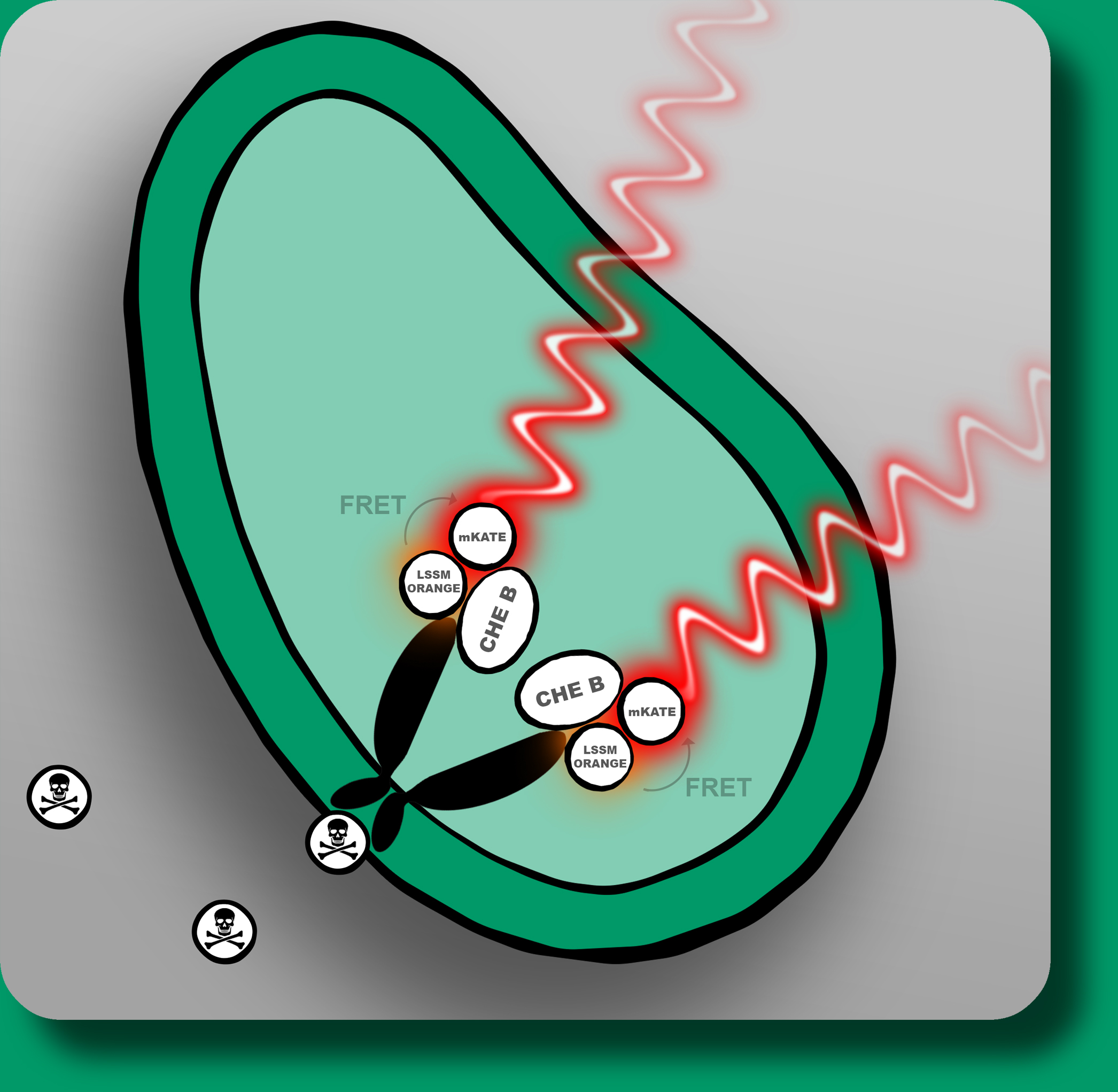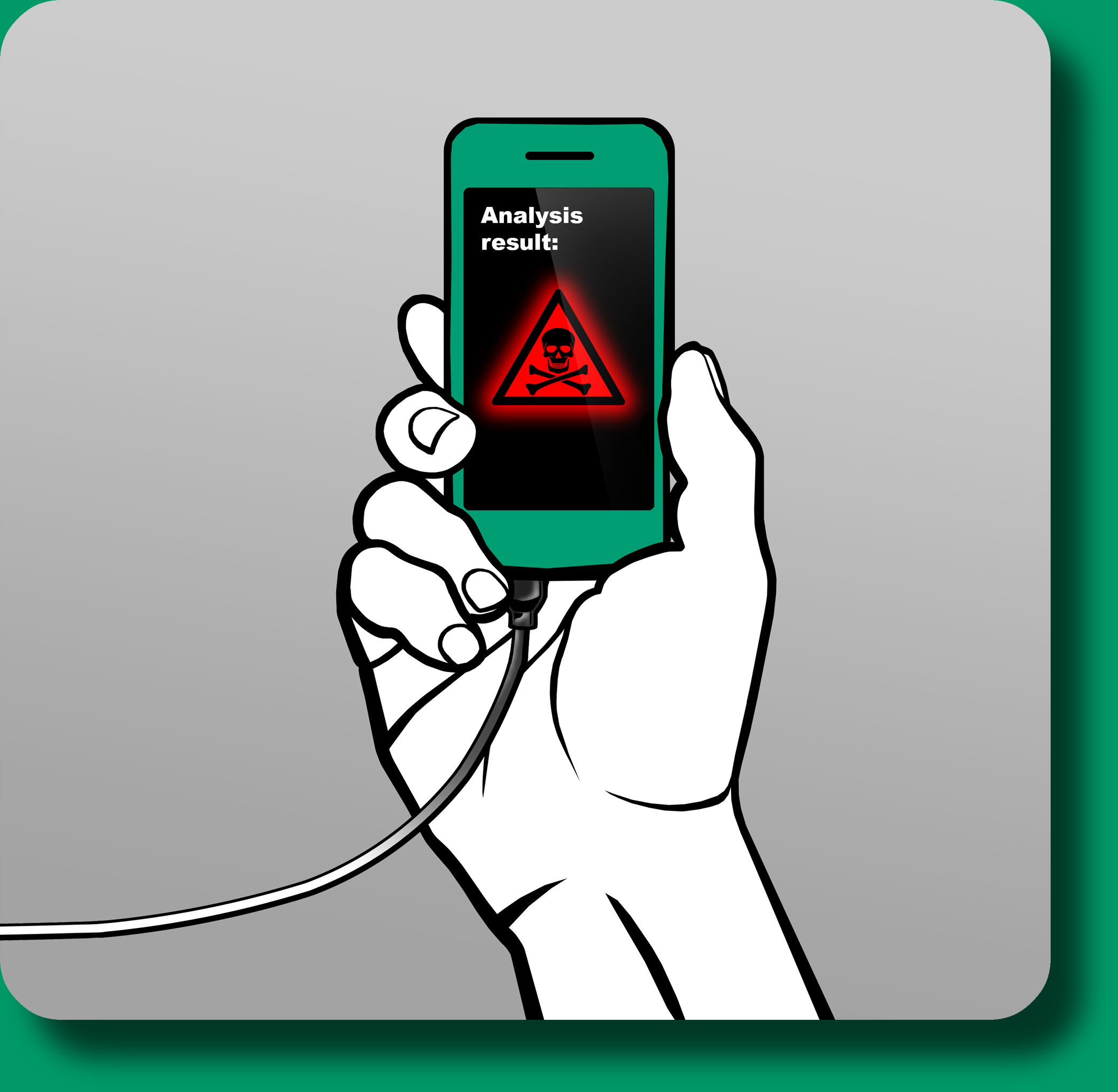Team:TU Darmstadt
From 2013.igem.org
| (64 intermediate revisions not shown) | |||
| Line 10: | Line 10: | ||
background-repeat:repeat; | background-repeat:repeat; | ||
} | } | ||
| - | + | tbody .normal{ background: #fff; } | |
/* Inner Environment (origin item) */ | /* Inner Environment (origin item) */ | ||
#content | #content | ||
{ | { | ||
background-color: white; | background-color: white; | ||
| - | background-image: url("/wiki/images/ | + | background-image: url("/wiki/images/5/5c/Hintergrund_Grün(ohne_Header%2C_Logo_und_Schlagschatten).jpg"); |
background-attachment: scroll; | background-attachment: scroll; | ||
background-position: 50% 0; | background-position: 50% 0; | ||
| Line 26: | Line 26: | ||
{ | { | ||
background: white; | background: white; | ||
| - | background-image: url( | + | background-image: url("/wiki/images/2/2f/Header_%28mit_Logo%29.jpg"); |
margin: 0 auto; | margin: 0 auto; | ||
height:250px ; | height:250px ; | ||
| Line 35: | Line 35: | ||
background-repeat: no-repeat; | background-repeat: no-repeat; | ||
background-size: 100% 100% ; | background-size: 100% 100% ; | ||
| - | border-style: none; | + | border-style: none;;} |
| - | } | + | |
#p-logo { display:none;} | #p-logo { display:none;} | ||
| Line 42: | Line 41: | ||
p {line-height:1.5em; margin:0 0 15px; text-align:justify; color:white;} | p {line-height:1.5em; margin:0 0 15px; text-align:justify; color:white;} | ||
h1 {font-size:1.8em; font-weight:400; margin:0 0 12px;} | h1 {font-size:1.8em; font-weight:400; margin:0 0 12px;} | ||
| + | |||
#mm_icon1 | #mm_icon1 | ||
| Line 108: | Line 108: | ||
position:absolute; | position:absolute; | ||
top:10px; | top:10px; | ||
| - | left: | + | left:500px; |
z-index: 5; | z-index: 5; | ||
} | } | ||
| + | |||
| + | |||
| + | #trailer | ||
| + | { | ||
| + | Position:relative; | ||
| + | top:50px; | ||
| + | } | ||
| + | |||
</style> | </style> | ||
| Line 121: | Line 129: | ||
<div id="mm_icon1" style="z-index:4" | <div id="mm_icon1" style="z-index:4" | ||
onMouseOver="this.style.zIndex= 1" onMouseOut="this.style.zIndex=4"> | onMouseOver="this.style.zIndex= 1" onMouseOut="this.style.zIndex=4"> | ||
| - | <img alt="Darmstadt_Grafik_1" src="/wiki/images/ | + | <img alt="Darmstadt_Grafik_1" src="/wiki/images/9/92/Darmstadt_Grafik_1..jpg" width="290" height="290"></br><br> |
<font size="6" color="#F0F8FF" face="Arial regular">PROBLEM</font> | <font size="6" color="#F0F8FF" face="Arial regular">PROBLEM</font> | ||
</div> | </div> | ||
| Line 130: | Line 138: | ||
<p text-aligne:left style="margin-left:10px; margin-right:10px"> | <p text-aligne:left style="margin-left:10px; margin-right:10px"> | ||
<br> | <br> | ||
| - | It is estimated that about a quarter of the world’s food crops is affected by harmful | + | It is estimated that about a quarter of the world’s food crops is affected by harmful mycotoxins produced by mould fungus. <br> |
FAO and WHO have developed three benchmarks of risk analysis: risk assessment, risk management and risk communication. <br> | FAO and WHO have developed three benchmarks of risk analysis: risk assessment, risk management and risk communication. <br> | ||
Our detection system covers those three benchmarks. | Our detection system covers those three benchmarks. | ||
| Line 137: | Line 145: | ||
<br><a href="https://2013.igem.org/Team:TU_Darmstadt/problem"><font size="4"><B>Click</B></font></a> <font size="4"> to read more.</font><br><br><br><br><br><br><br><br><br></font> | <br><a href="https://2013.igem.org/Team:TU_Darmstadt/problem"><font size="4"><B>Click</B></font></a> <font size="4"> to read more.</font><br><br><br><br><br><br><br><br><br></font> | ||
</div> | </div> | ||
| - | <a href="https://2013.igem.org/Team:TU_Darmstadt/ | + | <a href="https://2013.igem.org/Team:TU_Darmstadt/strategy"> |
<div id="mm_icon2"style="z-index:4" | <div id="mm_icon2"style="z-index:4" | ||
onMouseOver="this.style.zIndex= 1" onMouseOut="this.style.zIndex=4"> | onMouseOver="this.style.zIndex= 1" onMouseOut="this.style.zIndex=4"> | ||
<img alt="Darmstadt_Grafik_4" src="/wiki/images/2/29/Darmstadt_Grafik_4..jpg" width="290" height="290"></br><br> | <img alt="Darmstadt_Grafik_4" src="/wiki/images/2/29/Darmstadt_Grafik_4..jpg" width="290" height="290"></br><br> | ||
| - | <font size="6" color="#F0F8FF" face="Arial regular"> | + | <font size="6" color="#F0F8FF" face="Arial regular">STRATEGY</font> |
</div> | </div> | ||
</a> | </a> | ||
| Line 152: | Line 160: | ||
</B><br><br><br> | </B><br><br><br> | ||
| - | <br><a href="https://2013.igem.org/Team:TU_Darmstadt/ | + | <br><a href="https://2013.igem.org/Team:TU_Darmstadt/strategy"><font size="4"><B>Click</B></font></a> <font size="4"> to read more.</font><br><br><br><br><br><br><br><br><br></font> |
</div> | </div> | ||
<a href="https://2013.igem.org/Team:TU_Darmstadt/result"> | <a href="https://2013.igem.org/Team:TU_Darmstadt/result"> | ||
| Line 163: | Line 171: | ||
<div id="abstracticon3" style="z-index:3; width:273px; height:271px; overflow:hidden;" | <div id="abstracticon3" style="z-index:3; width:273px; height:271px; overflow:hidden;" | ||
onMouseOver="this.style.zIndex=5" onMouseOut="this.style.zIndex=3"> | onMouseOver="this.style.zIndex=5" onMouseOut="this.style.zIndex=3"> | ||
| - | <font size="4" color="# | + | <font size="4" color="#006600" face="Arial regular"><B> |
| + | <p text-aligne:left style="margin-left:10px; margin-right:10px"> | ||
| + | <br><br> | ||
| + | In our results we show you all important informations about our work in the lab, with gorgeous graphs.</B><br><br><br><br><br> | ||
<br><a href="https://2013.igem.org/Team:TU_Darmstadt/result"><font size="4"><B>Click</B></font></a> <font size="4"> to read more.</font><br><br><br><br><br><br><br><br><br></font> | <br><a href="https://2013.igem.org/Team:TU_Darmstadt/result"><font size="4"><B>Click</B></font></a> <font size="4"> to read more.</font><br><br><br><br><br><br><br><br><br></font> | ||
</div> | </div> | ||
| Line 197: | Line 208: | ||
<div id="taskbar"> | <div id="taskbar"> | ||
<a href="https://2013.igem.org/Team:TU_Darmstadt"> | <a href="https://2013.igem.org/Team:TU_Darmstadt"> | ||
| - | <img alt="Home_ausgewählt" src="/wiki/images/ | + | <img alt="Home_ausgewählt" src="/wiki/images/9/99/01._Home_(angewählt).jpg" width="70" height="30"></a> |
<a href="https://2013.igem.org/Team:TU_Darmstadt/problem"> | <a href="https://2013.igem.org/Team:TU_Darmstadt/problem"> | ||
<img alt="Problem" src="/wiki/images/6/66/Darmstadt_green_Problem.jpg" width="100" height="30"></a> | <img alt="Problem" src="/wiki/images/6/66/Darmstadt_green_Problem.jpg" width="100" height="30"></a> | ||
| - | |||
| - | |||
<a href="https://2013.igem.org/Team:TU_Darmstadt/result"> | <a href="https://2013.igem.org/Team:TU_Darmstadt/result"> | ||
| Line 231: | Line 240: | ||
</div> | </div> | ||
| + | |||
| Line 236: | Line 246: | ||
<body> | <body> | ||
| + | <br> | ||
| + | <br> | ||
| + | <iframe width="420" height="315" src="//www.youtube.com/embed/JMhTVSARACU" frameborder="0" allowfullscreen></iframe> | ||
| + | |||
| + | <br> | ||
| + | <br> | ||
| + | <br> | ||
| + | <br> | ||
| + | <br> | ||
| + | <br> | ||
| + | |||
| + | <font size="8" color="#F0F8FF" face="Arial regular">Abstract</font><br /> | ||
| + | <br> | ||
| - | <font size="3" color="#F0F8FF" face="Arial regular"> | + | <font size="3" color="#F0F8FF" face="Arial regular" > |
<p text-aligne:left style="margin-left:50px; margin-right:50px"> | <p text-aligne:left style="margin-left:50px; margin-right:50px"> | ||
| - | Mycotoxins produced by mould fungus are present in our daily life and are harmful for humans as well as for animals. | + | <br> |
| - | The danger of contamination of | + | <br> |
| + | <a href="https://2013.igem.org/Team:TU_Darmstadt/problem">Mycotoxins</a> produced by mould fungus are present in our daily life and are harmful for humans as well as for animals. | ||
| + | The danger of contamination of grain and other natural products has fatal consequences for the economy and the supply of whole nations. | ||
The mycotoxins which are permanently formed by the fungus, can be used as biomarkers to detect contamination. | The mycotoxins which are permanently formed by the fungus, can be used as biomarkers to detect contamination. | ||
| - | We want to develop a handy device which allows an easy and reliable detection of mycotoxins. | + | We want to develop a <a href="https://2013.igem.org/Team:TU_Darmstadt/result/electrical_engineering">handy device</a> which allows an easy and reliable detection of mycotoxins. |
To achieve this goal our team uses various methods from the fields of synthetic biology, | To achieve this goal our team uses various methods from the fields of synthetic biology, | ||
electrical engineering and information processing. The detection system relies on <i>E.coli</i> | electrical engineering and information processing. The detection system relies on <i>E.coli</i> | ||
| - | with modified aspartate receptors (TAR) which interact with specific mycotoxins. | + | with modified aspartate receptors (<a href="https://2013.igem.org/Team:TU_Darmstadt/strategy">TAR</a>) which interact with specific mycotoxins. |
If these are present in the reviewed sample they will bind to the receptor and induce | If these are present in the reviewed sample they will bind to the receptor and induce | ||
| - | a conformational change and thereby | + | a conformational change and thereby generate a measurable <a href="https://2013.igem.org/Team:TU_Darmstadt/result/molecular_engineering">FRET-beacon</a> by bringing |
two flourophores in close distance to each other. | two flourophores in close distance to each other. | ||
The modified <i>E.coli</i> will be embedded in interchangeable capsules. Together with a handheld-device | The modified <i>E.coli</i> will be embedded in interchangeable capsules. Together with a handheld-device | ||
| Line 254: | Line 279: | ||
able to analyze, illustrate and store the test results for the user. | able to analyze, illustrate and store the test results for the user. | ||
</p></font> | </p></font> | ||
| + | |||
| + | |||
</body> | </body> | ||
<br> | <br> | ||
| - | |||
| - | |||
| - | |||
| - | |||
| - | |||
| - | |||
| - | |||
| - | |||
| - | |||
| + | |||
| + | |||
| + | <a href="https://play.google.com/store/apps/details?id=de.tudarmstadt.se.igem&hl=de"> | ||
| + | <img alt="Labbook" border="5" width="57,5" height="50" src="http://dc942d419843af05523b-ff74ae13537a01be6cfec5927837dcfe.r14.cf1.rackcdn.com/wp-content/uploads/Android-logo.png"> | ||
| + | <font size="6" color="#F0F8FF" face="Arial regular">Click here for our mycotoxin detection app</font><br /> | ||
| + | </a> | ||
<!-- google analytics --> | <!-- google analytics --> | ||
Latest revision as of 03:25, 5 October 2013

PROBLEM
It is estimated that about a quarter of the world’s food crops is affected by harmful mycotoxins produced by mould fungus.
FAO and WHO have developed three benchmarks of risk analysis: risk assessment, risk management and risk communication.
Our detection system covers those three benchmarks.
Click to read more.

STRATEGY
To easily detect biological toxins we developed a handy device, everybody is able to operate reliably.
Click to read more.

RESULT
In our results we show you all important informations about our work in the lab, with gorgeous graphs.
Click to read more.
Abstract
Mycotoxins produced by mould fungus are present in our daily life and are harmful for humans as well as for animals.
The danger of contamination of grain and other natural products has fatal consequences for the economy and the supply of whole nations.
The mycotoxins which are permanently formed by the fungus, can be used as biomarkers to detect contamination.
We want to develop a handy device which allows an easy and reliable detection of mycotoxins.
To achieve this goal our team uses various methods from the fields of synthetic biology,
electrical engineering and information processing. The detection system relies on E.coli
with modified aspartate receptors (TAR) which interact with specific mycotoxins.
If these are present in the reviewed sample they will bind to the receptor and induce
a conformational change and thereby generate a measurable FRET-beacon by bringing
two flourophores in close distance to each other.
The modified E.coli will be embedded in interchangeable capsules. Together with a handheld-device
they will guarantee that measurements can be done quickly, easy to operate and secure.
The data will be transferred from the handheld system to an Android smartphone app which will be
able to analyze, illustrate and store the test results for the user.
 Click here for our mycotoxin detection app
Click here for our mycotoxin detection app "
"